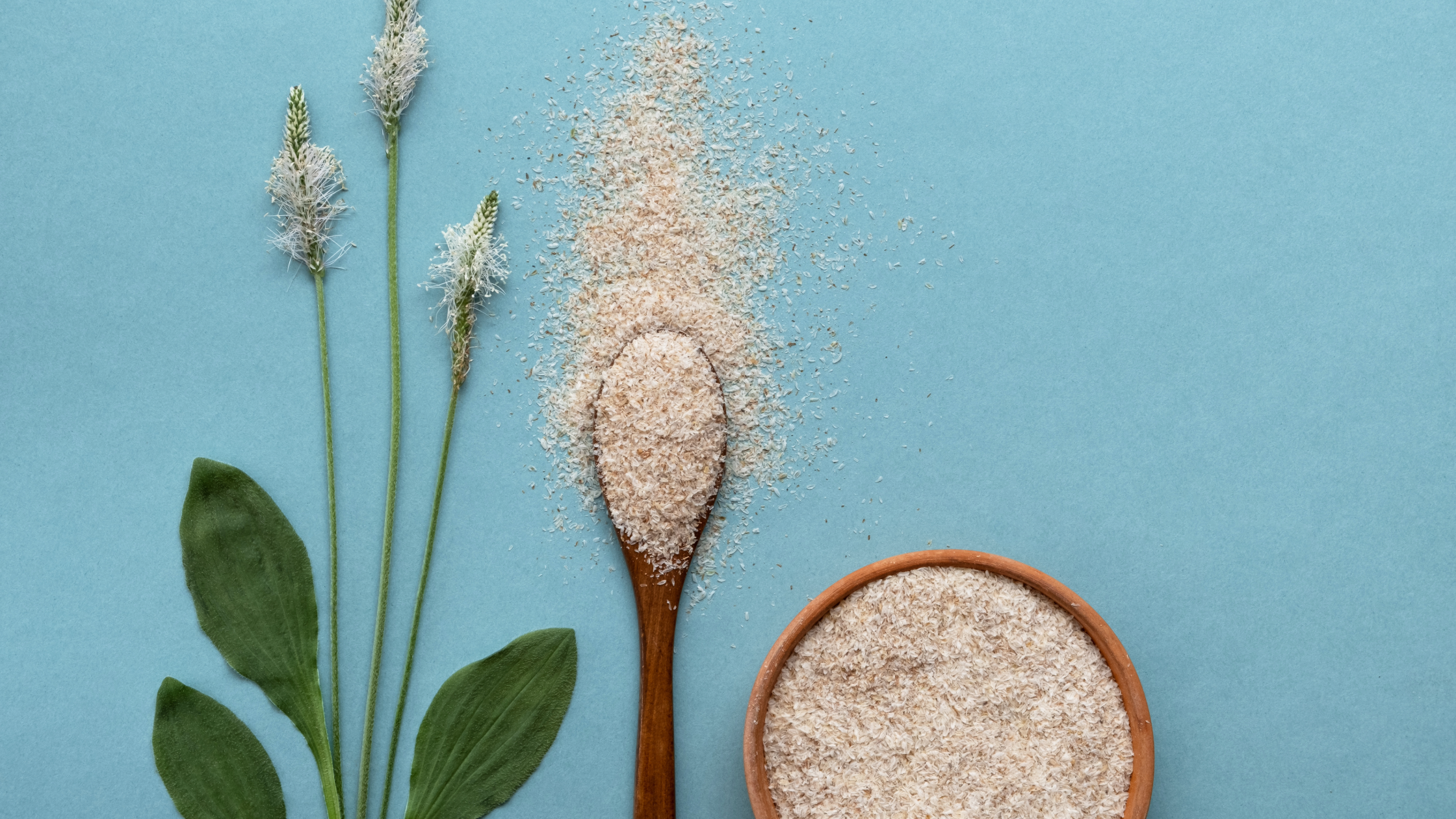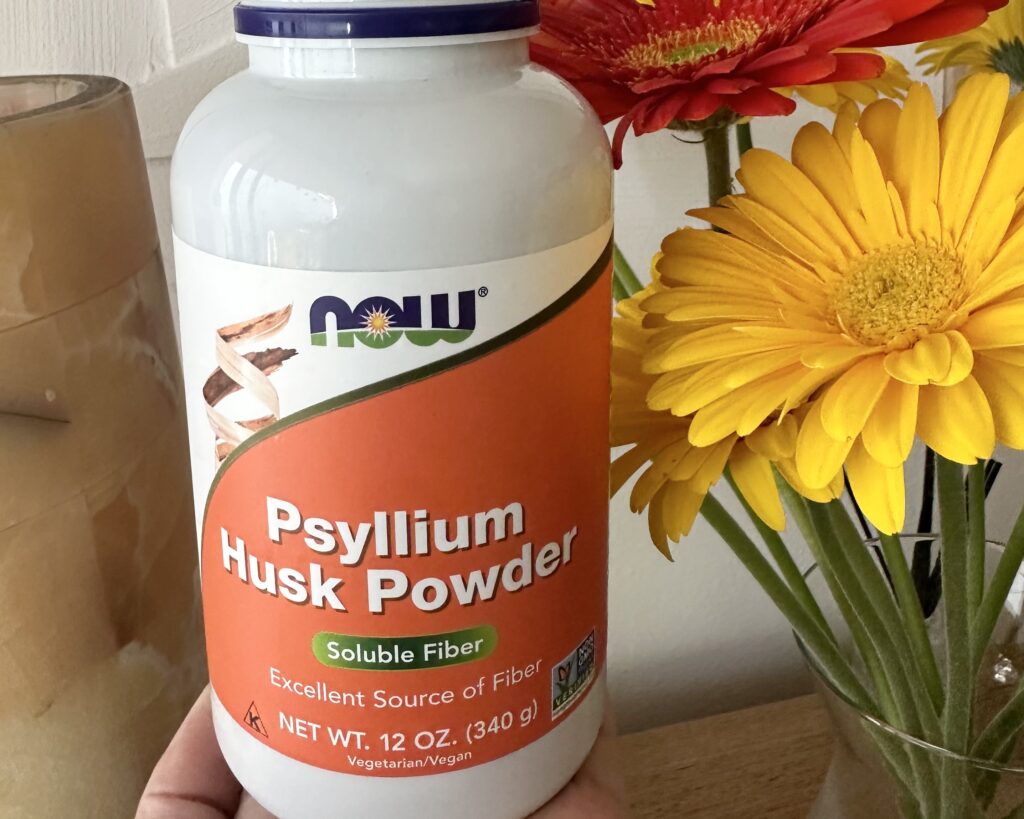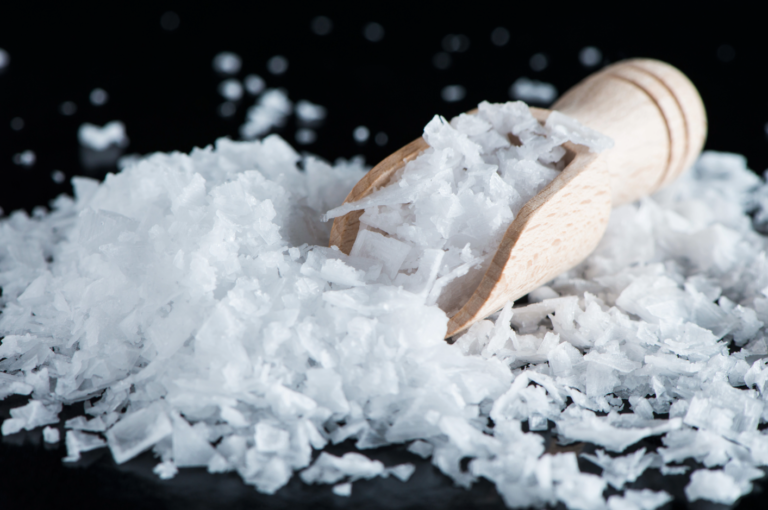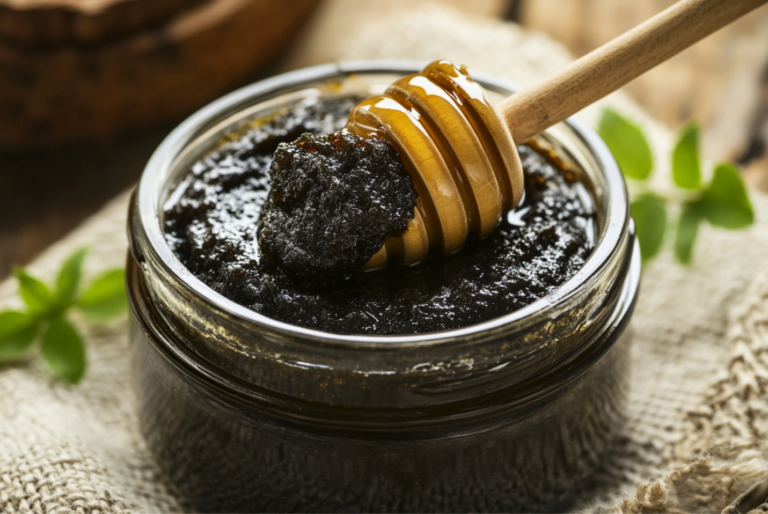Nature’s Ozempic?

The story of how I found it.
Or feel free to skip down. : )
How I came about this supplement is as magical as it is unusual. I’ll share it on here, because if you are here then I assume you are pretty open-minded, if not a seeker. I was about 17-18 years old and I was working as a hostess during the summer at a seaside restaurant in my hometown of San Diego. The hostess stand and chair were out in front of the restaurant almost on the sidewalk, so pedestrians wouldn’t miss the somewhat hidden restaurant entrances. One almost resembled a cave entrance on a downhill slope to the fine dining lower restaurant.
I would sit outside all afternoon at the booth under a shady tree, answer the telephone line, seat people and mostly just chat with whomever walked by. You’d be surprised how many very unique people one could meet this way, in a pretty quiet beach town. I remember feeling so down about my weight at this age and how I just couldn’t figure out what to do to see a difference. I had stopped playing team sports, and my hormones were changing. I never knew the right things to eat. The fad diets everyone did around this time never seemed to work for me. I didn’t know anything about nutrition or how to listen to your own body. But, I put the intention out into the universe. I wanted to learn.
One day a delivery truck pulled up right in front of the restaurant and a very fit, strong man popped out and proceeded to unload some big boxes. His face was tan, smooth and he looked extremely healthy and vital. I remember being so surprised he had a full head of white hair, which didn’t match his youthfulness and made it very difficult to know how old he could be. His eyes were very kind and he had a bright ear to ear smile. We chatted a bit, and he shared how he swam in the ocean every single morning before work. Before he left, he handed me a folded wrinkled piece of paper with some printed text and some pencil writing on it. Without me even sharing my intention with him he said, “On here you will find the best things to do that I have ever found.” He left and I never saw this man again! But, I kept this paper for a long time, finding more truth to it over the years.
One of the items on the list was Psyllium husk! I would say this day was the true beginning of my health journey because after this experience, I began to be conscious of everything I put in and on my body. This story happened so many years ago, and now this supplement is just barely getting recognition. Amazing, is it? This man was very ahead of the curve.
If there is a moral to this story, I think it would be to be clear with your thoughts and intentions, and to stay open to talking to all different kinds of people. (If you get a safe feeling from them, of course). You never know who has a message for you, and who you may have a message for. As Ram Dass said, “Everyone is the guru, when you know how to listen.”
About Pysyllium Husk
Pysyllium Husk is a soluble fiber derived from the seeds of the Plantago ovata plant, also known as isphaghula. It primarily affects digestion, but it also plays a role in managing blood sugar and weight loss. It acts like a broom to sweep your gastrointestinal tract and it also acts as a binder to remove toxins from the body.
I made the connection between psyllium and Ozempic when I learned how they both work and what they do. They’re so similar!
How is it similar to Ozempic?
- Blood Sugar Regulation: Both Ozempic and psyllium can help lower blood sugar. Ozempic does this by increasing insulin secretion and reducing glucagon, while psyllium slows the absorption of sugars from food. Both can be beneficial for managing type 2 diabetes and improving insulin sensitivity.
- Appetite Reduction: Both can help with appetite control. Ozempic reduces appetite by acting on brain receptors related to hunger, while psyllium creates a feeling of fullness in the stomach by absorbing water and expanding. Both effects make it easier to eat less and manage weight.
- Weight Loss: Both can contribute to weight loss, but in different ways:
- Ozempic promotes weight loss primarily through reduced appetite and slower gastric emptying.
- Psyllium helps with weight loss by increasing satiety and reducing the urge to snack, as well as stabilizing blood sugar levels.
In summary, while Ozempic and psyllium husk both help regulate blood sugar and support weight loss, they do so through very different mechanisms. Ozempic is a prescription medication that directly affects insulin and appetite via the GLP-1 pathway, whereas psyllium husk is a natural fiber that helps with digestion, appetite control, and blood sugar stabilization by slowing carbohydrate absorption and promoting satiety.
As a natural product, the only side effects that physyllium husk really has is that it can cause bloating, gas, or discomfort if not taken with sufficient water. I always prefer any natural remedy to anything and avoid taking anything chemical and manmade if I can.
As always, you should speak to your health care provider and do your own research before taking anything.
My Product Choice
There are several important factors to consider to ensure you’re getting the most effective and safest option.
Purity, form of psyllium, source and sourcing practices, processing and purity standards, form of Psyllium, certification and quality control, packaging. (If possible, avoid products packaged in plastic containers that may leach chemicals over time. Glass or eco-friendly packaging is a more sustainable option.) Also be mindful of products that don’t come straight from the official manufacturer.
After lots of research, tasting, and reading online reviews, I came to find my choice that meets all of these requirements and checks ALL the boxes! Even the container is made from eco-friendly resin.
It’s also a family owned business, always a huge plus and let’s you know there is more care involved.
I like the powdered form and add it to water or a little water and some fruit juice for flavor.
How to Take it:
Vigorously mix 1 level tablespoon daily in at least 12 oz. of water or juice and consume immediately. It’s important to consume immediately, because it will thicken and expand in the water very quickly. It can cause choking if not taken with enough water, so be sure it’s at least a full glass. t’s a good idea to start with a small amount at first, maybe half a teaspoon in some water and work your way up. Be sure to drink plenty of additional liquids throughout the day.
Let me know if you if you try this out and how it works out for you. I hope this helps and you get all of the benefits from this.
xx
Diana
SOURCES
1. Effect of Psyllium Fiber on Insulin Sensitivity and Blood Glucose
- Study: “The effect of psyllium fiber supplementation on blood glucose and insulin sensitivity in type 2 diabetes” (Journal of Clinical Endocrinology and Metabolism, 2000)
- This study discusses how fiber supplementation, including psyllium, may improve insulin sensitivity and help stabilize blood glucose levels. It’s often cited in discussions around the role of fiber in managing diabetes.
2. Psyllium’s Role in Weight Loss and Appetite Control
- Study: “Effect of psyllium on appetite and satiety in overweight adults: A randomized trial” (Appetite, 2009)
- This study examines how psyllium husk can enhance feelings of fullness, helping to reduce calorie intake and support weight management.
3. Impact of Soluble Fiber on Cholesterol and Weight Loss
- Study: “Effects of psyllium on blood lipids, weight loss, and glycemic control in obese individuals with type 2 diabetes” (Diabetes Care, 2008)
- This study highlights the impact of psyllium fiber on weight loss and improving cholesterol levels, while also touching on its potential role in controlling blood sugar.
4. Systematic Review on Fiber and Insulin Sensitivity
- Source: “Dietary Fiber and Insulin Sensitivity: A Systematic Review and Meta-Analysis” (The American Journal of Clinical Nutrition, 2011)
- A comprehensive review that evaluates various fibers, including psyllium, and their effects on insulin sensitivity and metabolic health.
5. Psyllium for Digestive Health and Weight Loss
- Source: “The Role of Fiber in the Prevention and Management of Obesity and Weight Loss” (Obesity Research, 2003)
- This paper discusses the general benefits of fiber, including psyllium, in terms of weight loss and its effect on digestive health.
6. Psyllium and Gut Microbiota Impact
- Study: “Effect of psyllium on gut microbiota and short-chain fatty acid production in obese women: a randomized controlled trial” (Gut, 2017)
- This study examines the influence of psyllium on gut bacteria and its potential indirect effects on insulin sensitivity and weight management.
Disclaimer:
The health and wellness information provided on Indigo Femme is for informational purposes only. While we strive to offer accurate, up-to-date, and evidence-based content, the information presented should not be construed as medical advice, diagnosis, or treatment. Always consult a qualified healthcare professional before making any changes to your health regimen or lifestyle.




